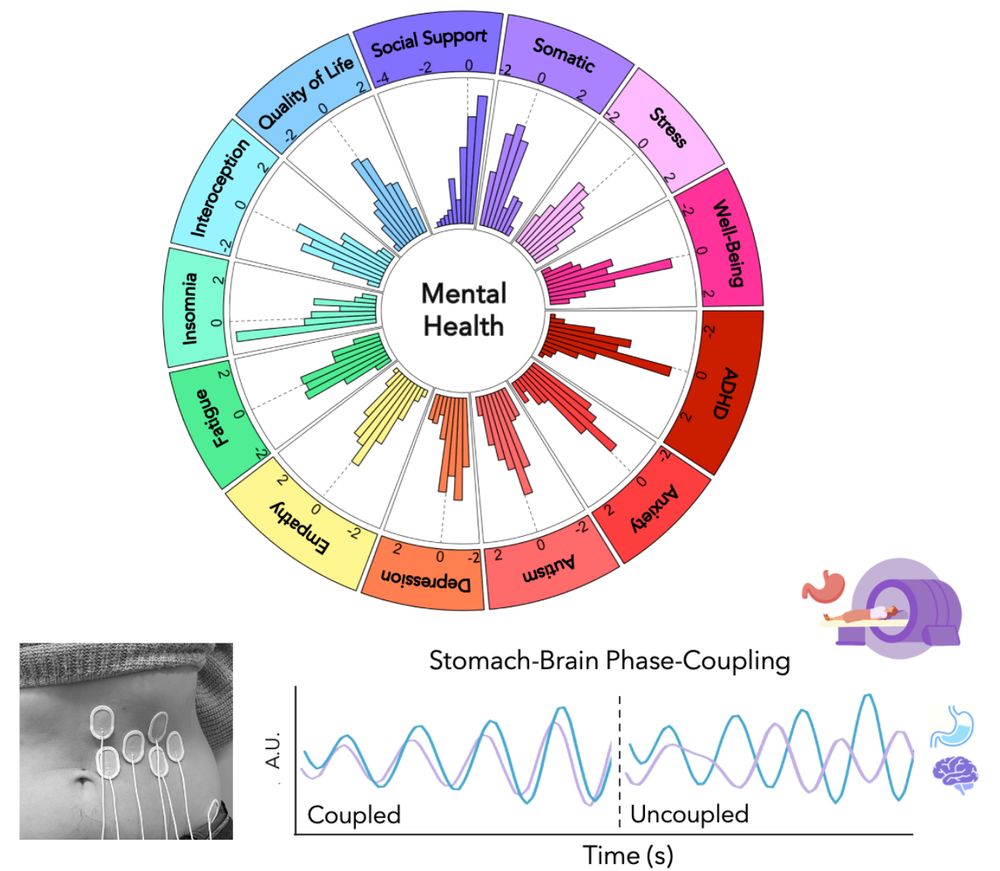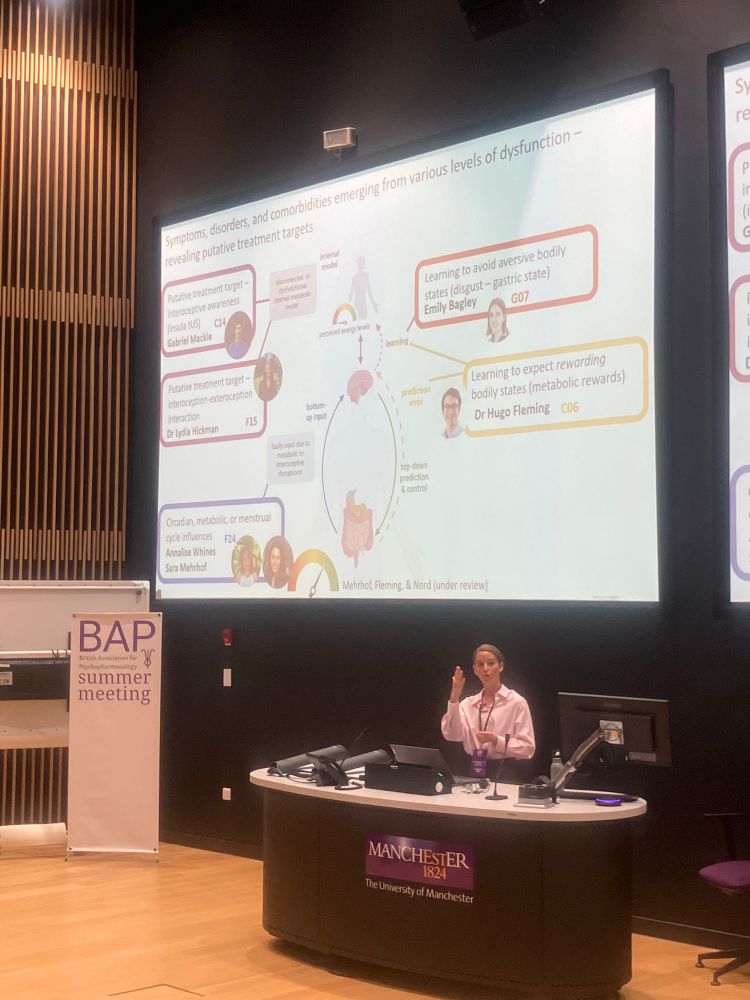Lydia Hickman
@lydiajhickman.bsky.social
190 followers
220 following
32 posts
Research Associate at the MRC Cognition and Brain Sciences Unit | interoception, cognition & mental health | (she/her)
🧠🫀🫁
https://sites.google.com/view/dr-lydia-hickman/
Posts
Media
Videos
Starter Packs
Reposted by Lydia Hickman
Reposted by Lydia Hickman
Reposted by Lydia Hickman
Lydia Hickman
@lydiajhickman.bsky.social
· Jul 24
Reposted by Lydia Hickman
Reposted by Lydia Hickman
Reposted by Lydia Hickman
Lydia Hickman
@lydiajhickman.bsky.social
· Jun 16
Lydia Hickman
@lydiajhickman.bsky.social
· Jun 16
Lydia Hickman
@lydiajhickman.bsky.social
· Jun 16
Lydia Hickman
@lydiajhickman.bsky.social
· Jun 16
Lydia Hickman
@lydiajhickman.bsky.social
· Jun 16
Lydia Hickman
@lydiajhickman.bsky.social
· Jun 16
Lydia Hickman
@lydiajhickman.bsky.social
· Jun 16
Lydia Hickman
@lydiajhickman.bsky.social
· Jun 16
Lydia Hickman
@lydiajhickman.bsky.social
· Jun 16
Lydia Hickman
@lydiajhickman.bsky.social
· Jun 16

High rates of Parkinson’s Disease diagnosis in the autistic population: true co-occurrence or a product of overlapping traits?
Older autistic adult literature is sparse, and little is known about the aging autistic population. However, recent evidence suggests an increased pre…
www.sciencedirect.com
Reposted by Lydia Hickman
Michelle Dawson
@autismcrisis.bsky.social
· Jun 14

High rates of Parkinson’s Disease diagnosis in the autistic population: true co-occurrence or a product of overlapping traits?
Older autistic adult literature is sparse, and little is known about the aging autistic population. However, recent evidence suggests an increased pre…
www.sciencedirect.com
Lydia Hickman
@lydiajhickman.bsky.social
· Jun 11









